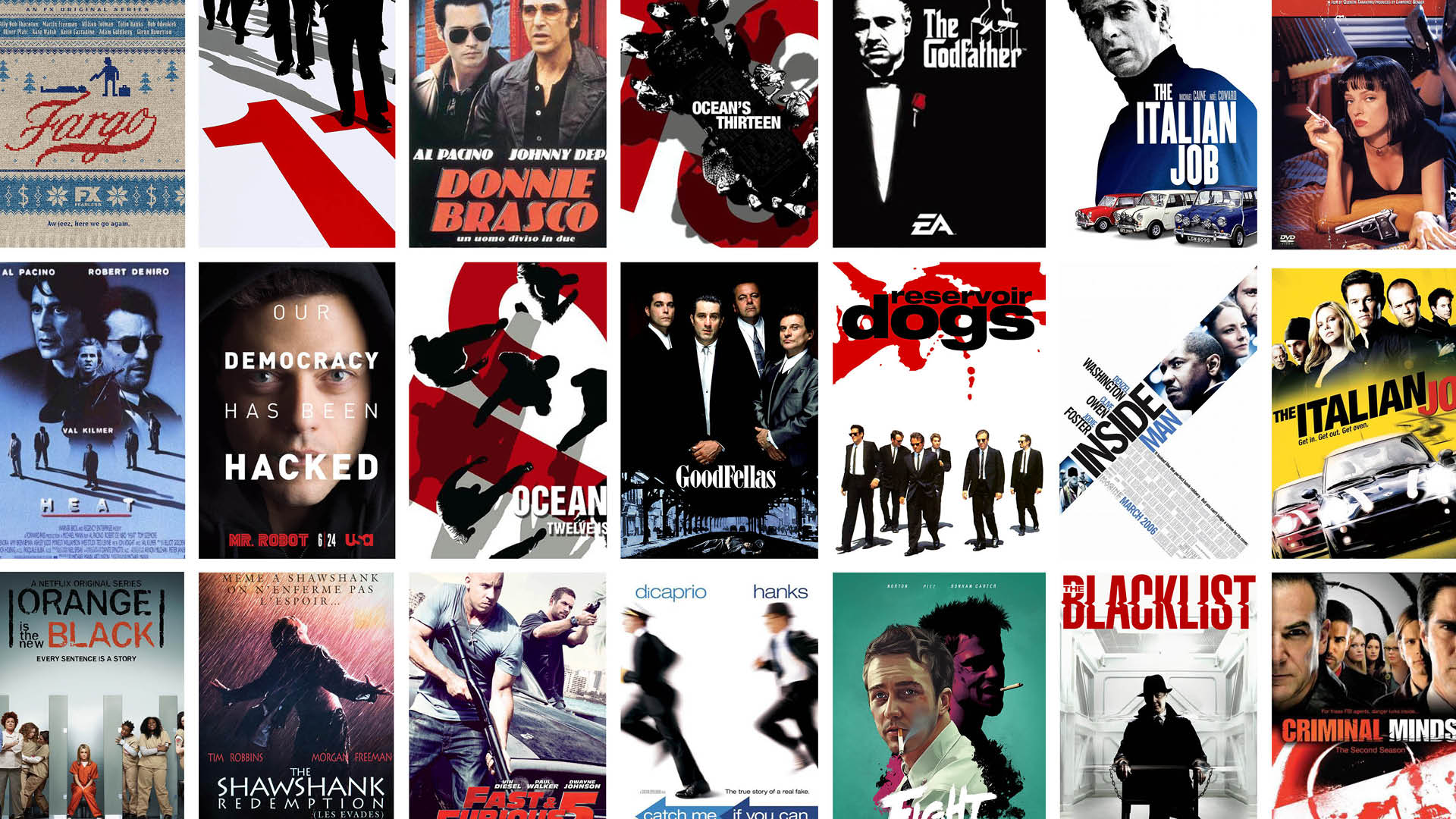MASTERMINDS and the Art of Misbehaving
In order to become more brave and confident, MFA Products of Design student Eden Lew embarked on a year-long experiment to become a better designer by learning the ways of a criminal mastermind.
In her thesis, Masterminds and the Art of Misbehaving, Eden’s definition of a criminal mastermind alludes to the romanticized sector of criminals—including burglars, con men, hackers and heist planners. They are the con artists who persuade victims into giving up money and valuables; they are the craftsmen and tinkerers who decipher the mechanics of systems in order to later break them down; they are the hackers who write inventive code to go around highly-secured firewalls, and drug cartel kingpins who run businesses as effectively as CEOs of major corporations.
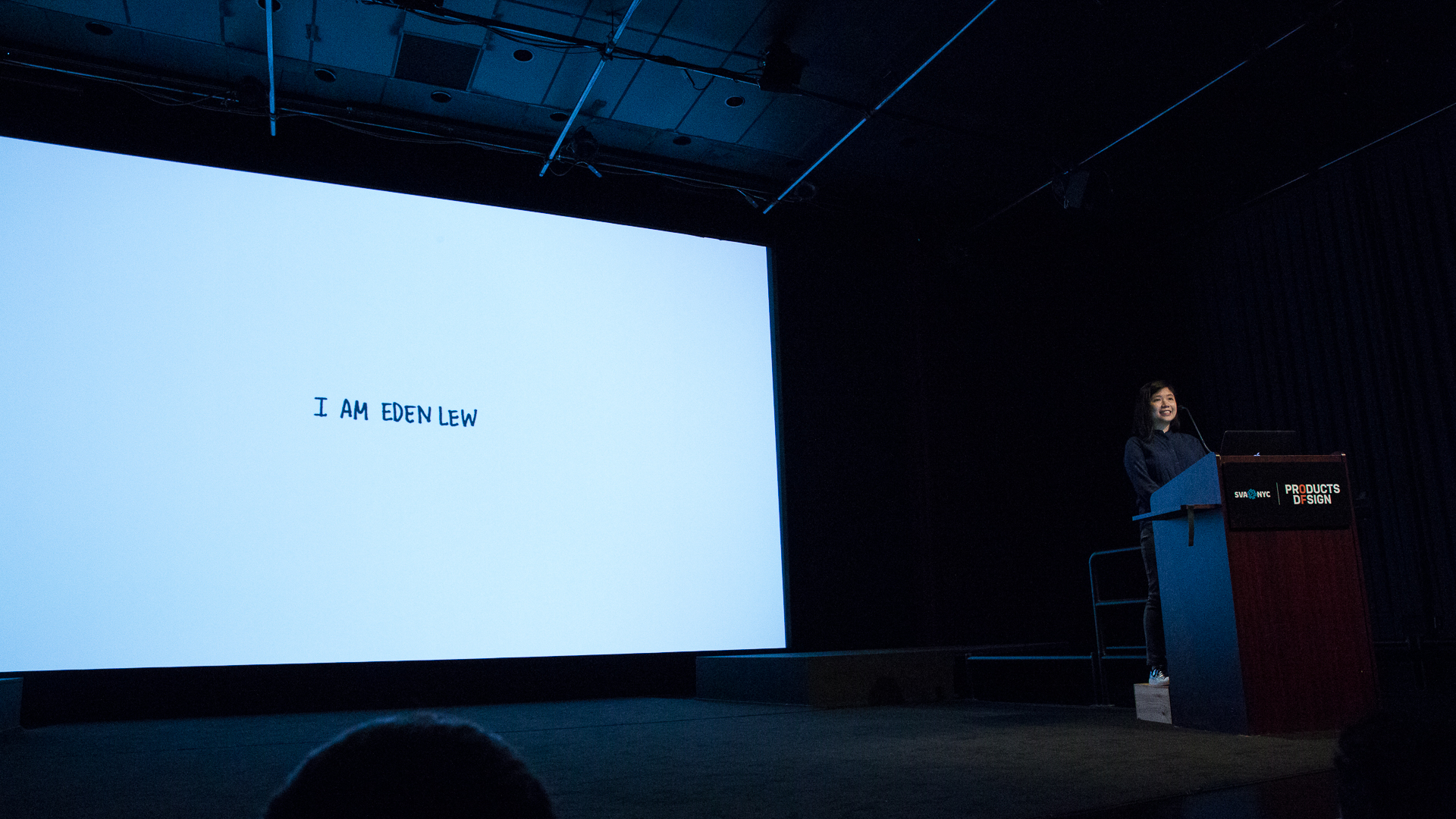
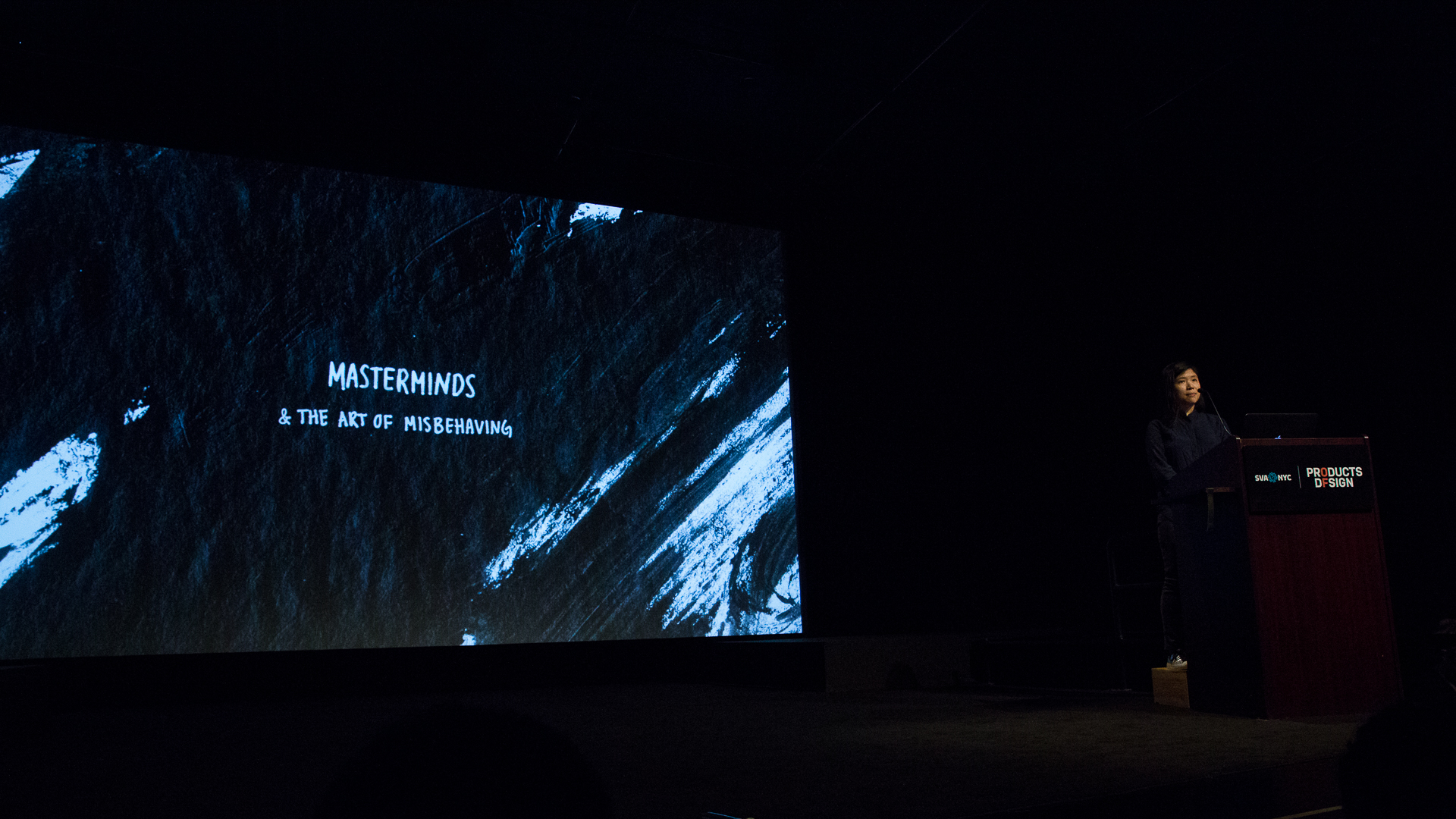
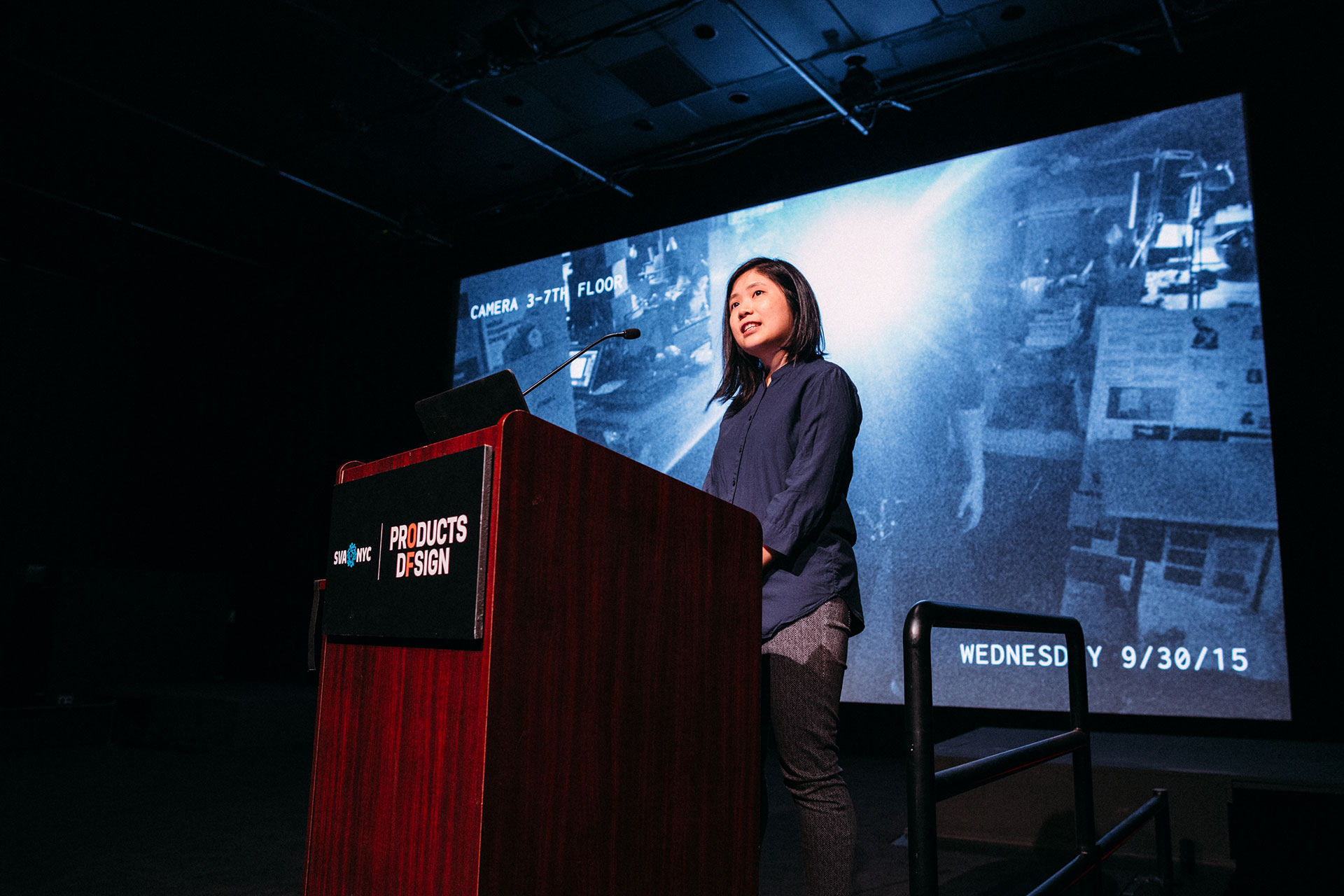
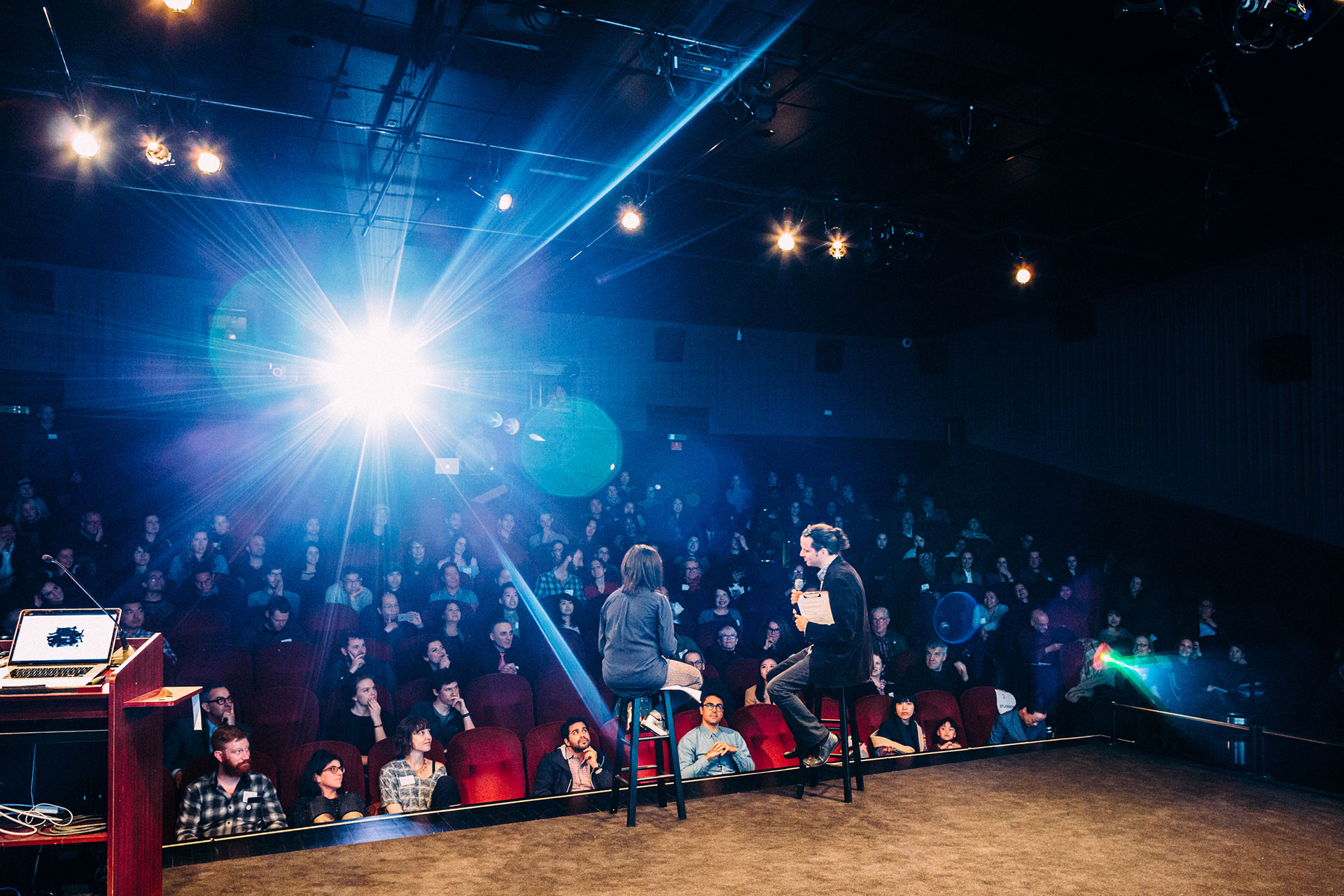
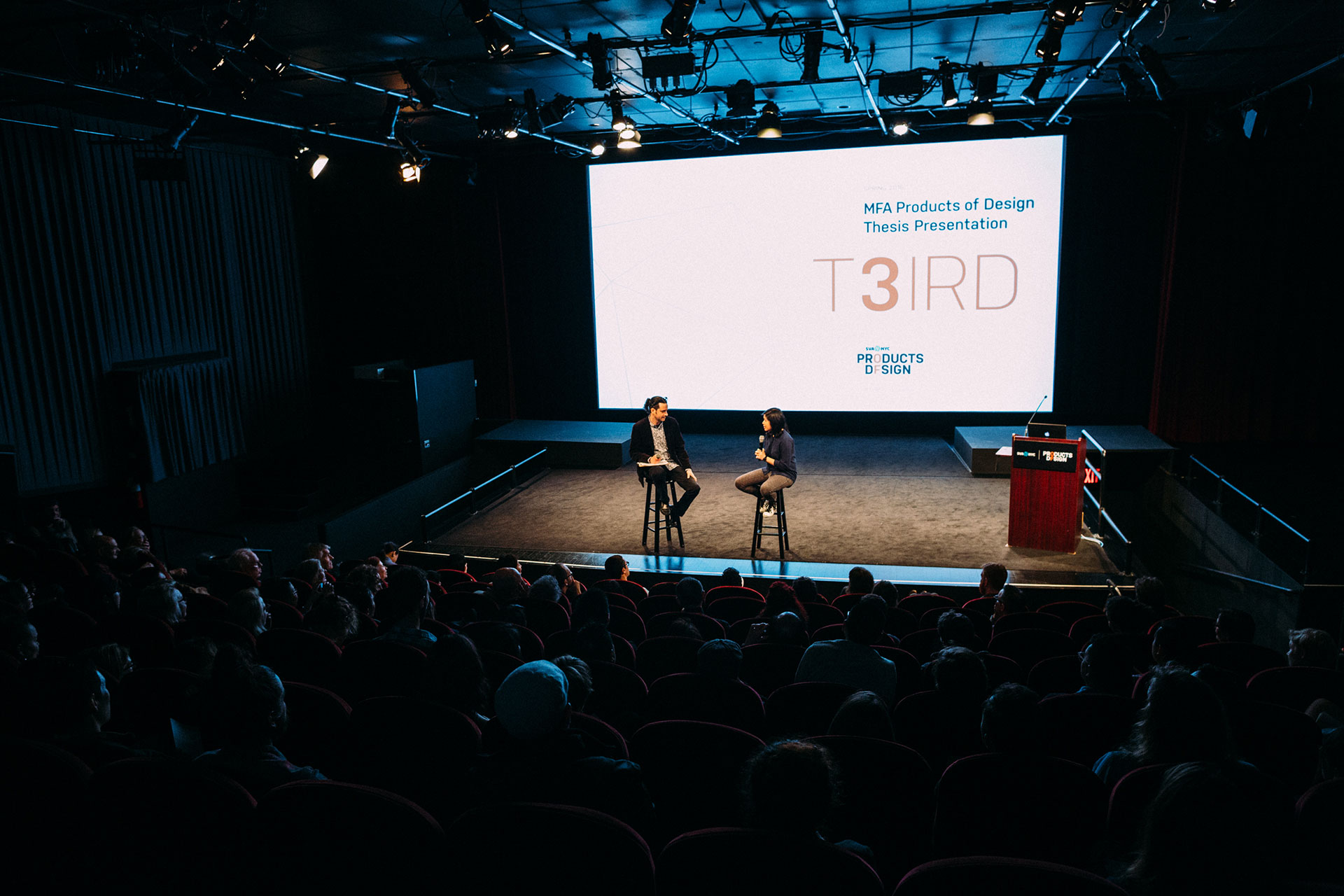
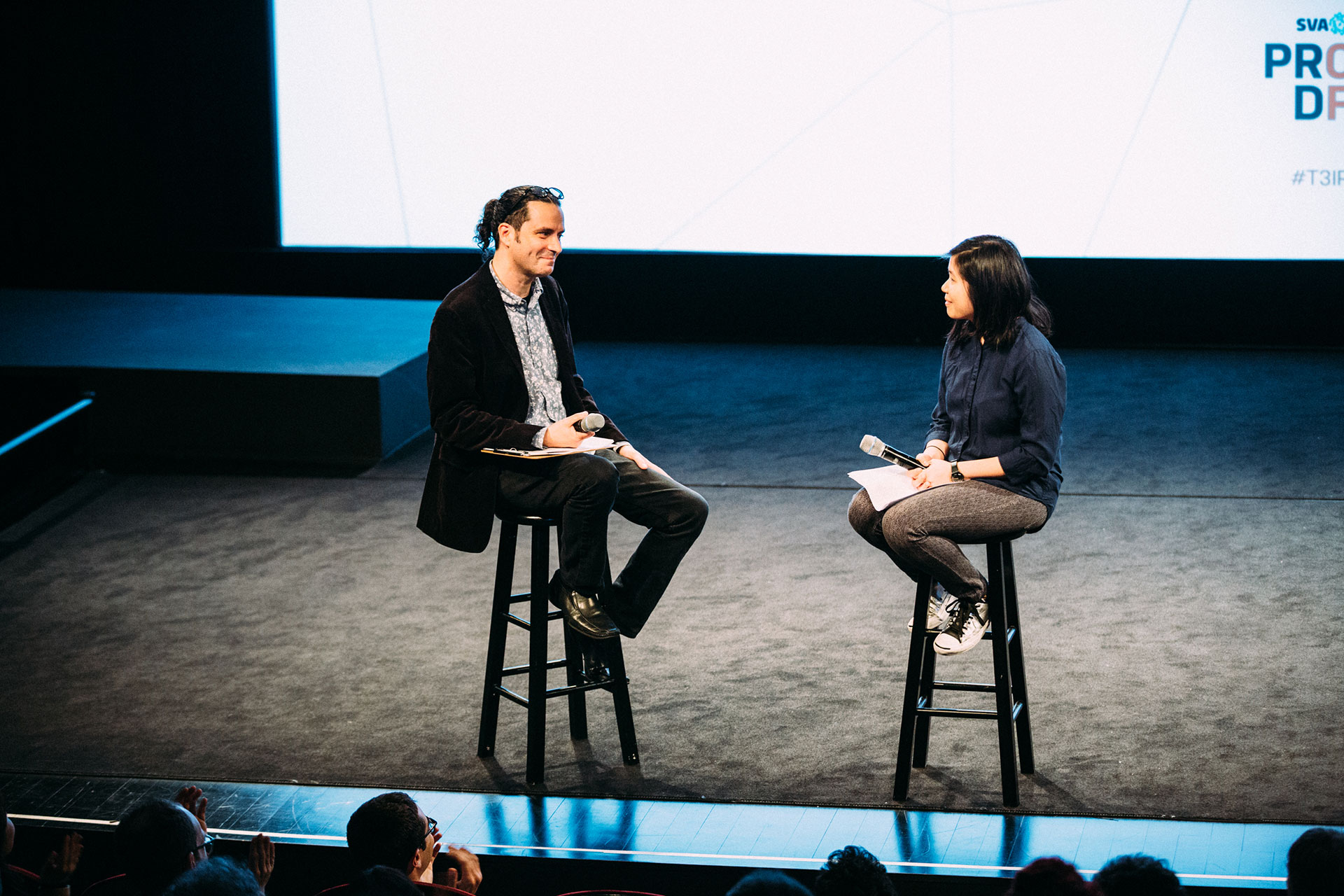
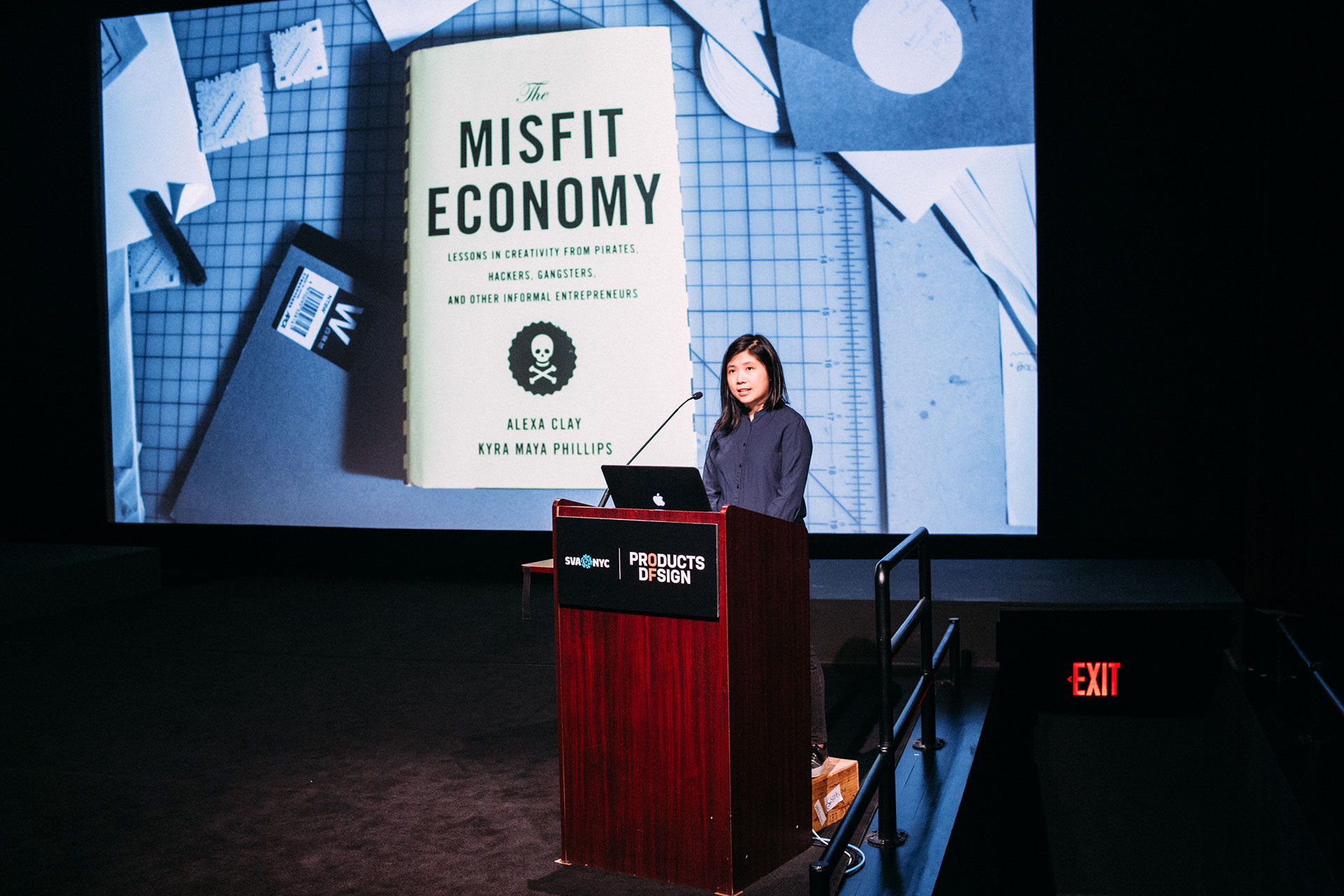
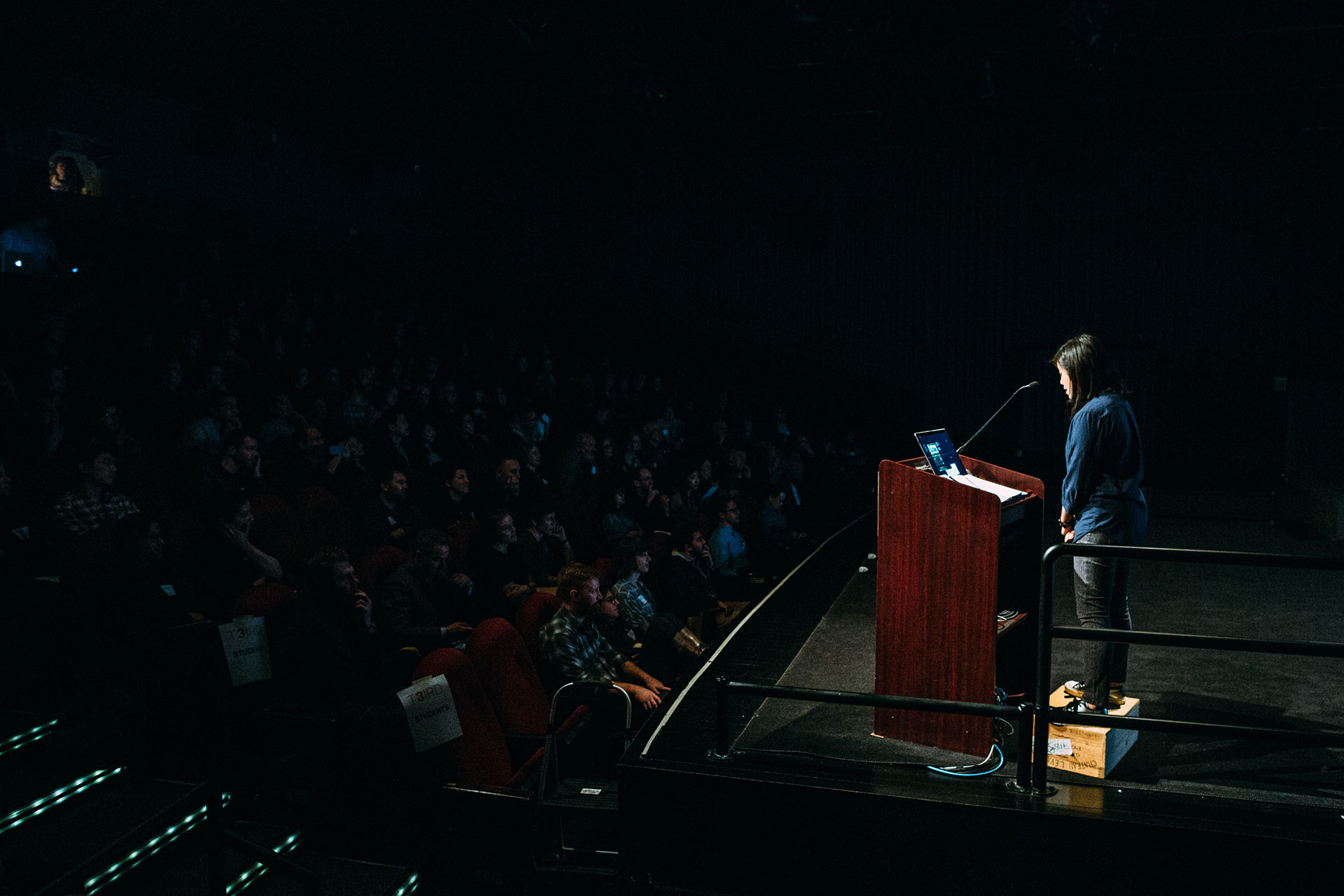
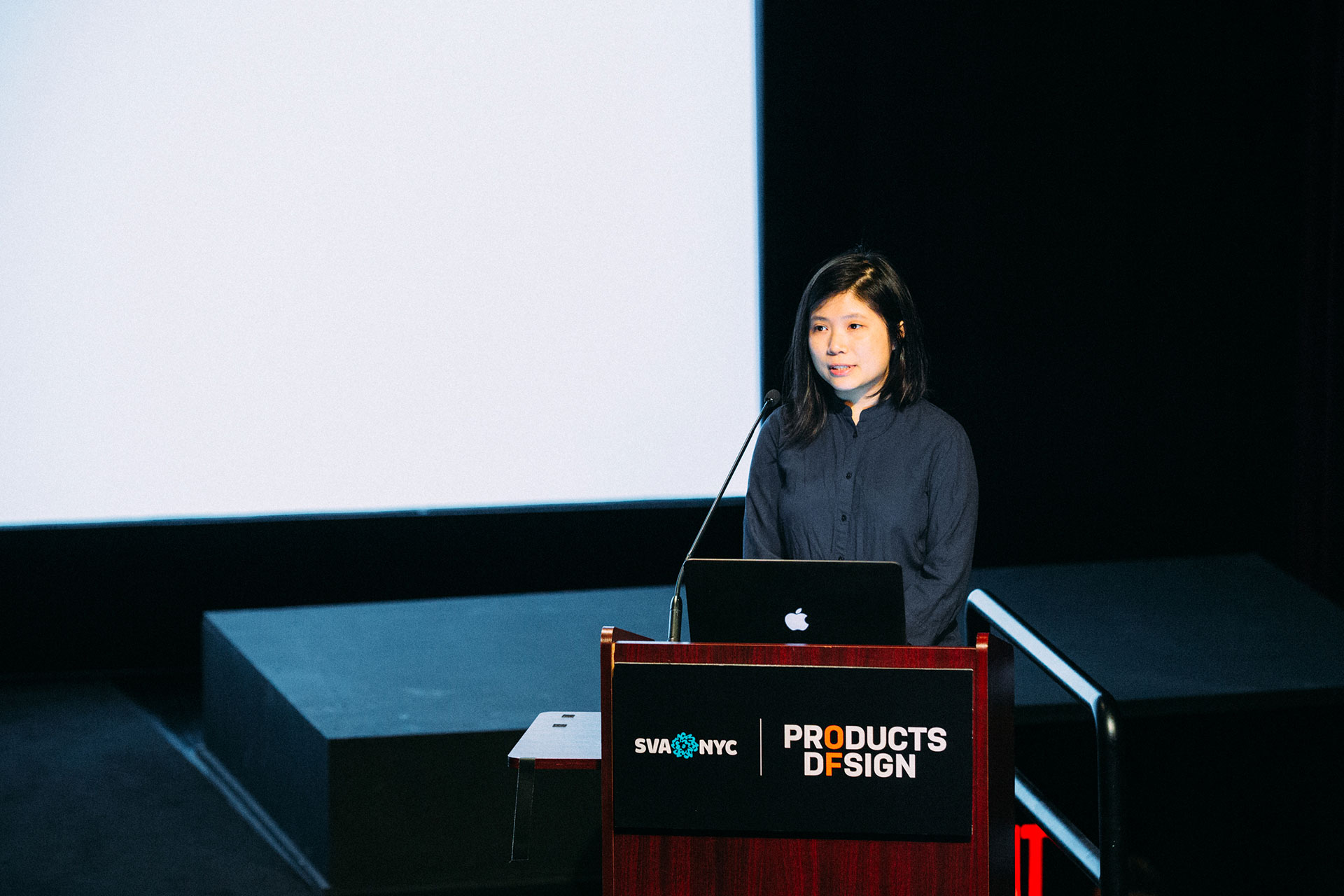
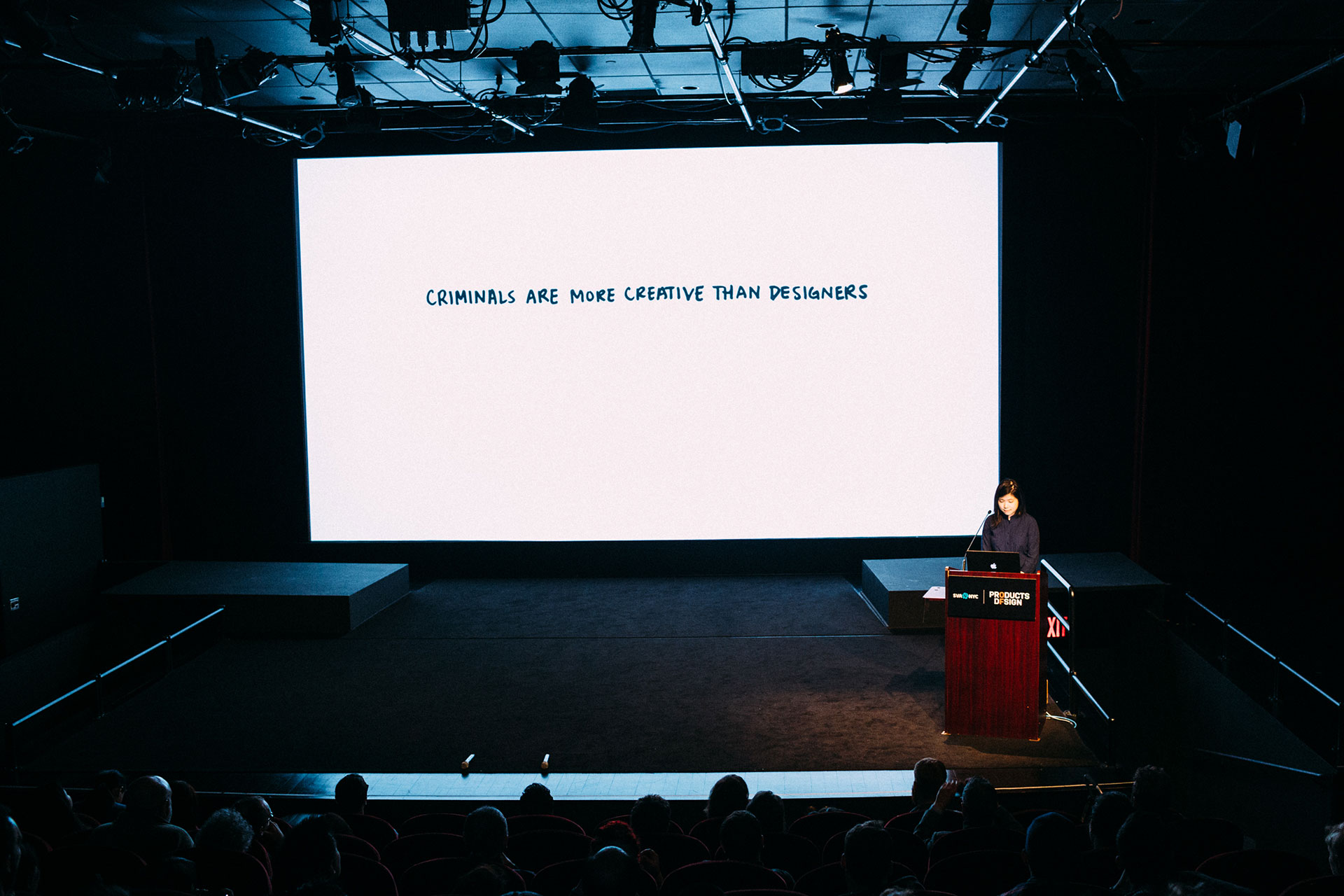
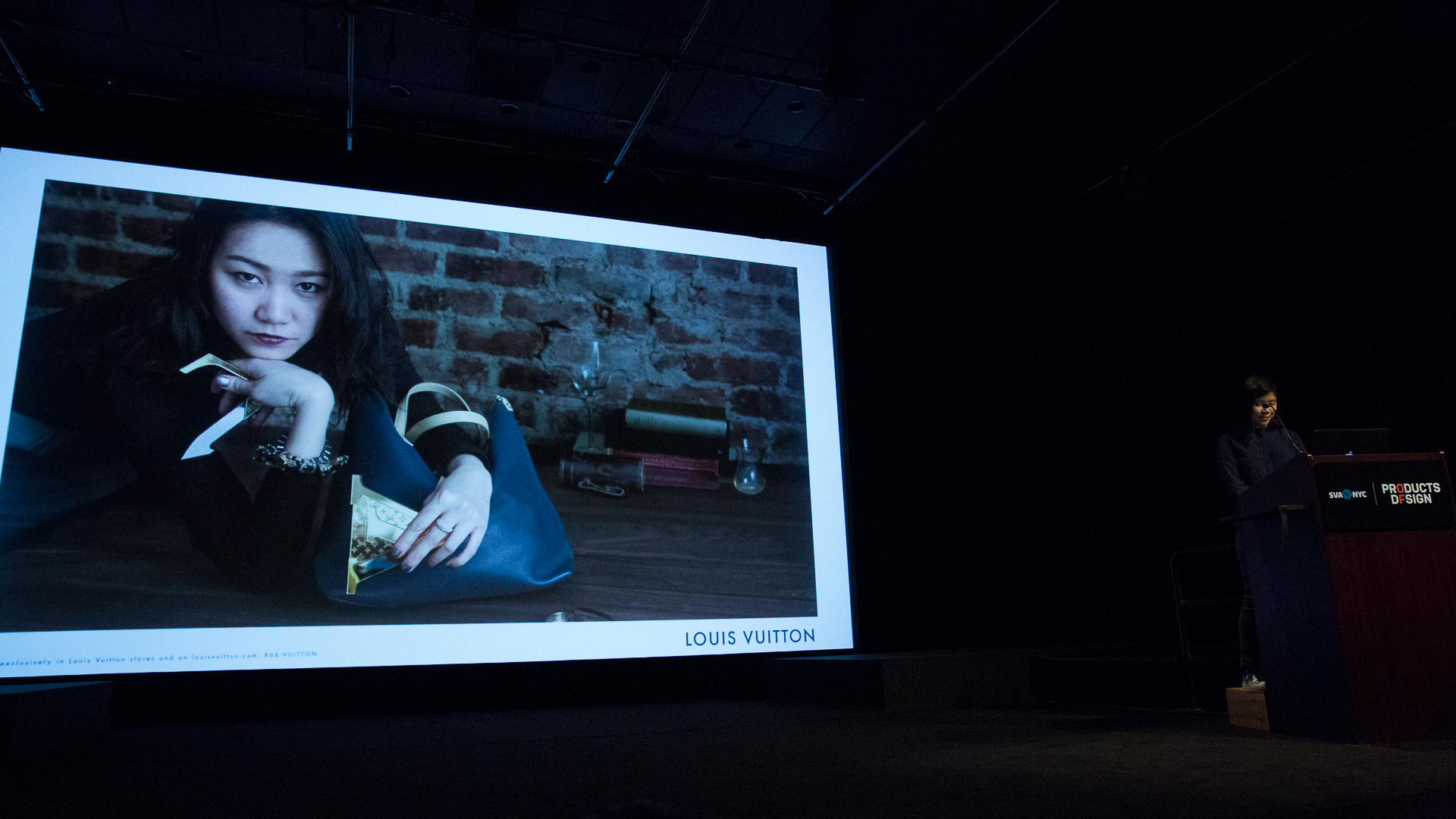
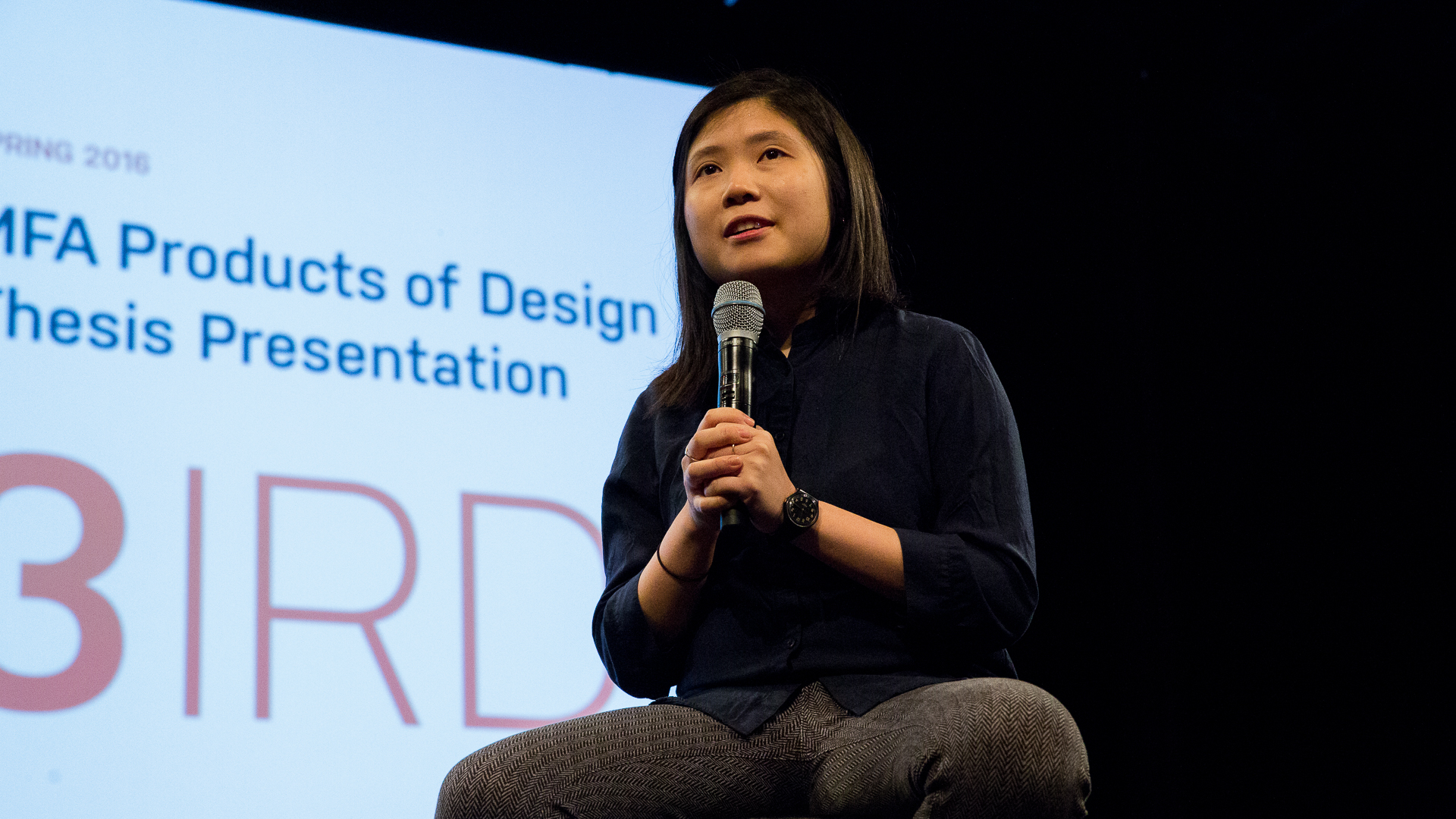
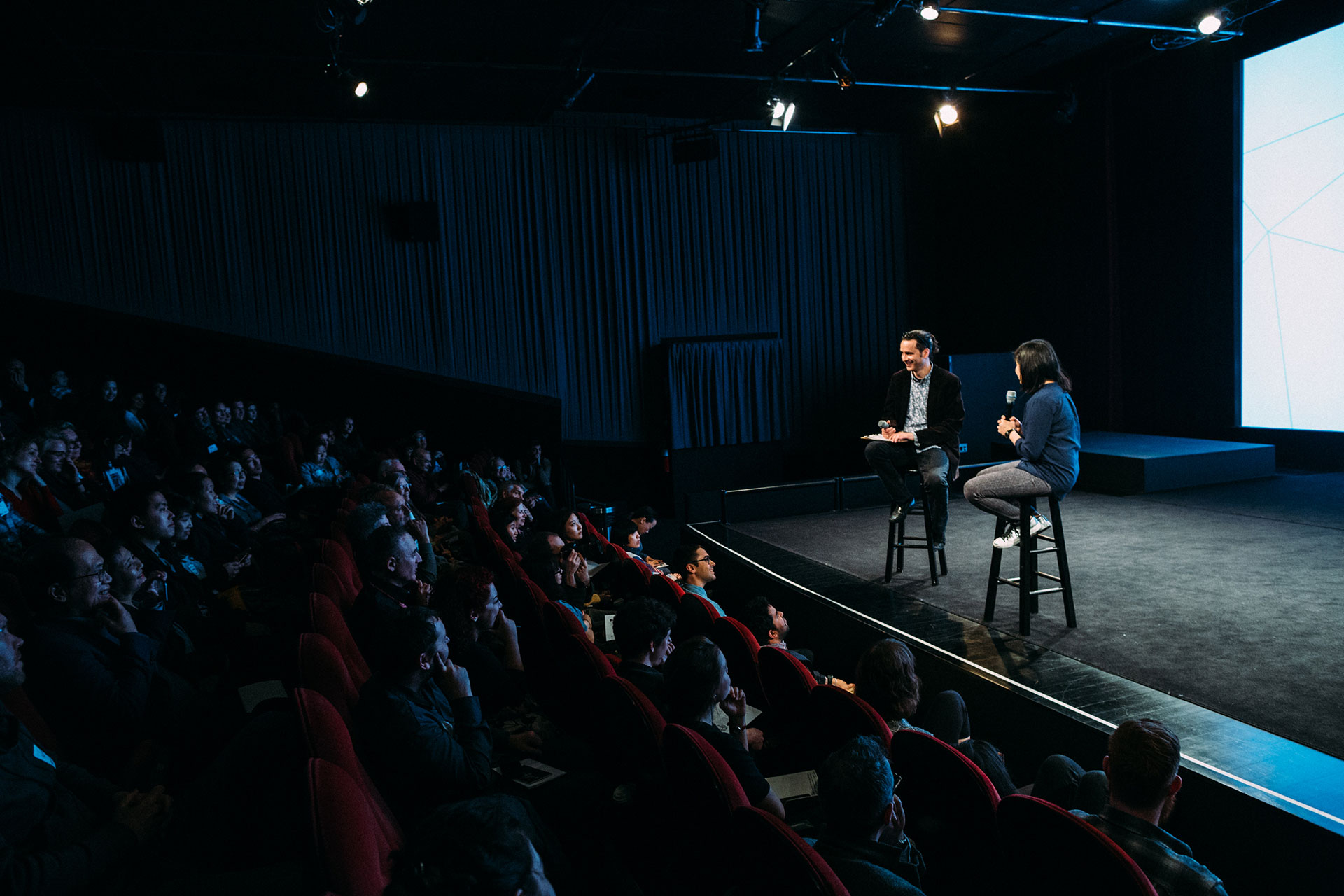
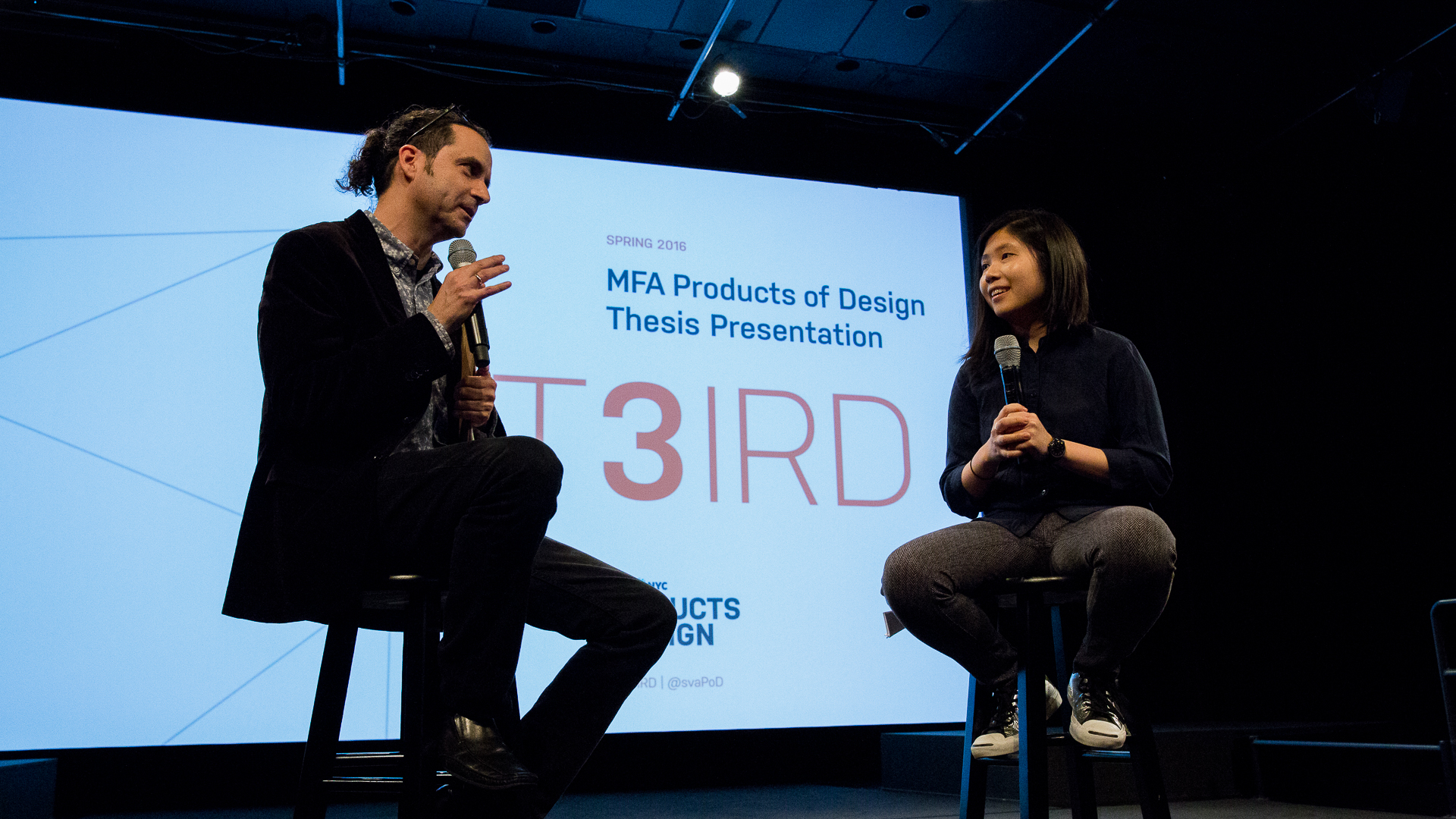
Comparing and contrasting the skills of a designer to those of a criminal, Eden realized that designers walk a fine line between manipulator and do-gooder. In many ways, designers are masters of forgery and manipulation: they hack like hackers, persuade like con men, and strategize like masterminds—all in the name of "serving users."
For her ongoing research, she devoured books about diamond heists, life in the mafia, hacking and scamming. She learned the basics of lock picking, and engaged in small misdemeanors. She watched crime films and studied the skills and techniques of con men. Finally, she talked with many experts ranging from law enforcers to troublemakers to subversive designers.
Comparing and contrasting the skills of a designer to those of a criminal, Eden realized that designers walk a fine line between manipulator and do-gooder. In many ways, designers are masters of forgery and manipulation: they hack like hackers, persuade like con men, and strategize like masterminds—all in the name of "serving users." Designers believe their projects will bring good to the world, yet the success of design solutions today seems to be measured in profits made, consumers reached, and units sold.
In order to be true experts in critical and strategic design for bettering society, designers cannot merely employ traditional design thinking strategies; they must also employ a criminal mindset to better tackle the problems at hand. Eden came to the conclusion that criminal masterminds are better at being creative than the majority of designers in today’s market, because improving creative skills requires the boldness of troublemaking. Eden argues, "Although criminal masterminds often have harmful intentions, they are actually superior in creativity since, by definition, they they engage in risk-taking and rule-breaking."
If designers today want to do good, they must first learn how to be bad.
Designing Tools for Crime
Over the course of her thesis project, Eden designed with a mindset of manipulative intention and subversion. In her first set of speculative design products, she developed tools for secrecy and concealment.
She designed secret analog codes and code-breaking devices:
Digital encryption plug-ins that automatically turn your quotidien emails and texts into subversive messages:
Secret compartments to hold credit cards, keys, and other "tokens of access":
Fake "plastic shopping bags" to that protected from thermal imaging contraband:
And a fashion collar to hide from CCTV security cameras:
Eden even imagined a scenario of flaunting "crime tools" by redesigning knives and security cameras with a couture branding layer. Here, she created a Louis Vuitton Knife, a Prada Security Camera, a Fendi Gun, and a Coco Chanel Grenade—pushing the aristocratic nature of the criminal that's forever romanticized in the cinema to the level of absurdity.
In her second semester, Eden devised a web service that provides anonymity on the dark web. Gild is a network of shared fake identities for people to browse the internet as someone else. Hundreds of users can surf the internet together under one name, making it harder to trace individual activity back to a single point of origin.
Experiences in Misbehaving: A Pop-Up Shop
In order to promote the grandeur of misbehaving, Eden opened a one-day pop-up shop called Masterminds to reward misbehavior and to collect stories of troublemaking from the public. Using face masks of well-known movie-star criminals, visitors went under disguise to brag in front of a “machine” about a time they were proud of misbehaving. "Visitors spilled stories of times they had cheated, forged, lied, or stolen things," Eden reports, "but they had a kind of permission to do so since they were wearing movie-star face masks. The machine rated their deeds, and then 'rewarded them' with diamond and gold pins...according to a scale of 'badassery.'"
They told stories of times they’ve cheated, forged, lied or stolen things, putting the blame on movie star faces.
Raising A New Generation of Old School Criminality
At the culmination of the project, Eden created work aimed at raising a new generation of criminal masterminds to replace the dying breed of old-school burglars and heist planners. "Losing a generation of criminal masterminds means losing a wealth of knowledge of the physical world," she reasoned. "These are experts in tinkering and misusing everyday objects. And in order to know how a physical object functions, masterminds first need to know how it was constructed. Only then can they truly subvert the object’s original intentions." Eden saw this as an opportunity for a STEAM kind of learning, and focused on lock picking as an entry point that would provide both fascination and ingenuity. (Indeed, there are countless online videos that train lock picking as a kind of "dexterity and problem-solving sport.") For Eden’s final product design then, she designed a lock picking puzzle box—a piggy bank where kids could learn analog skills at a young age.
Eden sought to raise a new generation of criminal masterminds, because old school burglary and heist planners are a dying breed...For her final product design, she designed a lock picking puzzle box—a piggy bank where kids could learn analog skills at a young age.
Keyhole Gigantico is a children's toy—a "piggy bank"—comprised of a giant, simplified wooden keyhole, along with blown-up versions of the pins, tumblers, and lock picks needed to train this time-honored skill.
Here's how the device works: The driver pins and key pins are two sets of wooden blocks, differing in size. Kids drop the key pins into the shafts, followed by the driver pins—this causes the puzzle box to lock. Children can then use the toy as a place to put (hide, really) their coins over time, and when they want to empty it out, they must "pick it." Here, kids use the giant picks to push up the key pins through the keyhole, lining them up with the driver pins to match the shear line. Once cleared, the plug can be turned and pulled out, releasing the coins!
"With a puzzle like this, children can start to grasp the inner workings of locks," Eden reasons, "but more importantly, working with their hands makes them smarter and helps them think three-dimensionally. It is important for kids to start grasping the mechanics of everyday objects at a young age, before becoming sucked into the digital world of intangible objects. The Keyhole Gigantico strives to make sure that the arts, skills, and mindset of historical creative criminals are not lost. And of course, it's a whole lot of fun!"
As a coda to the project, Eden reminds us that "as much as society enjoys stories of escapes, plots, and break-ins, it must be remembered that crime is illegal and destructive. Media can romanticize criminals into action heroes and rebels, but there is a real danger in the breached security and the lost trust that result from the remains of illegal activities. Still," she adds, "having the bravery to break rules is important in creativity. And for designers seeking to change the world, it is definitely sometimes 'good to be bad'."
Read Eden Lew's entire thesis book, Masterminds & The Art of Misbehaving online and check out Eden’s thesis blog designedbymasterminds.tumblr.com to view projects not in this article. See more of Eden’s work at edenlew.com and email her at eden.lew[at]gmail[dot]com.

